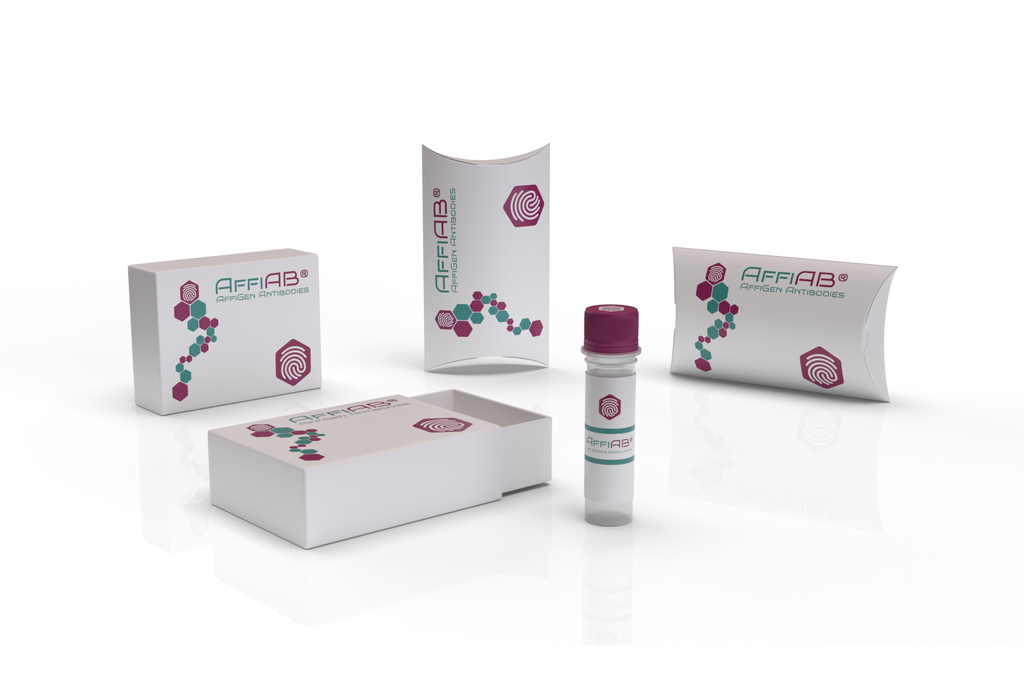AffiAB® Anti-WASP/Wiskott-Aldrich syndrome protein Antibody
The Wiskott-Aldrich syndrome (WAS) family of proteins share similar domain structure, and are involved in transduction of signals from receptors on the cell surface to the actin cytoskeleton. The presence of a number of different motifs suggests that they are regulated by a number of different stimuli, and interact with multiple proteins. Recent studies have demonstrated that these proteins, directly or indirectly, associate with the small GTPase, Cdc42, known to regulate formation of actin filaments, and the cytoskeletal organizing complex, Arp2/3. Wiskott-Aldrich syndrome is a rare, inherited, X-linked, recessive disease characterized by immune dysregulation and microthrombocytopenia, and is caused by mutations in the WAS gene. The WAS gene product is a cytoplasmic protein, expressed exclusively in hematopoietic cells, which show signalling and cytoskeletal abnormalities in WAS patients. A transcript variant arising as a result of alternative promoter usage, and containing a different 5' UTR sequence, has been described, however, its full-length nature is not known.
Antibody type
Rabbit polyclonal Antibody
Uniprot ID
SwissProt: P42768 Human; Entrez Gene: 317371 Rat
Recombinant
NO
Conjugation
Non-conjugated
Host
Rabbit
Isotype
IgG
Clone
N/A
KO/KD
N/A
Species reactivity
Human, Rat
Tested applications
WB, IHC-P
Predicted species reactivity
N/A
Immunogen
Recombinant protein within human WASP aa 1-200.
Storage
Store at +4°C after thawing. Aliquot store at -20°C. Avoid repeated freeze / thaw cycles.
Form
Liquid
Storage buffer
1*TBS (pH7.4) , 0.2% BSA, 50% Glycerol. Preservative: 0.05% Sodium Azide.
Concentration
1 mg/mL.
Purity
Immunogen affinity purified.
Signal pathway
N/A
Recommended dilutions
WB: 1:500-1:1, 000
; IHC-P: 1:600
Molecular Weight
Predicted band size: 53 kDa.
Subcellular location
Cytoskeleton, Nucleus.
Positive control
Rat bone marrow tissue lysates, Jurkat cell lysate, Daudi cell lysate, human spleen tissue, human tonsil tissue.
